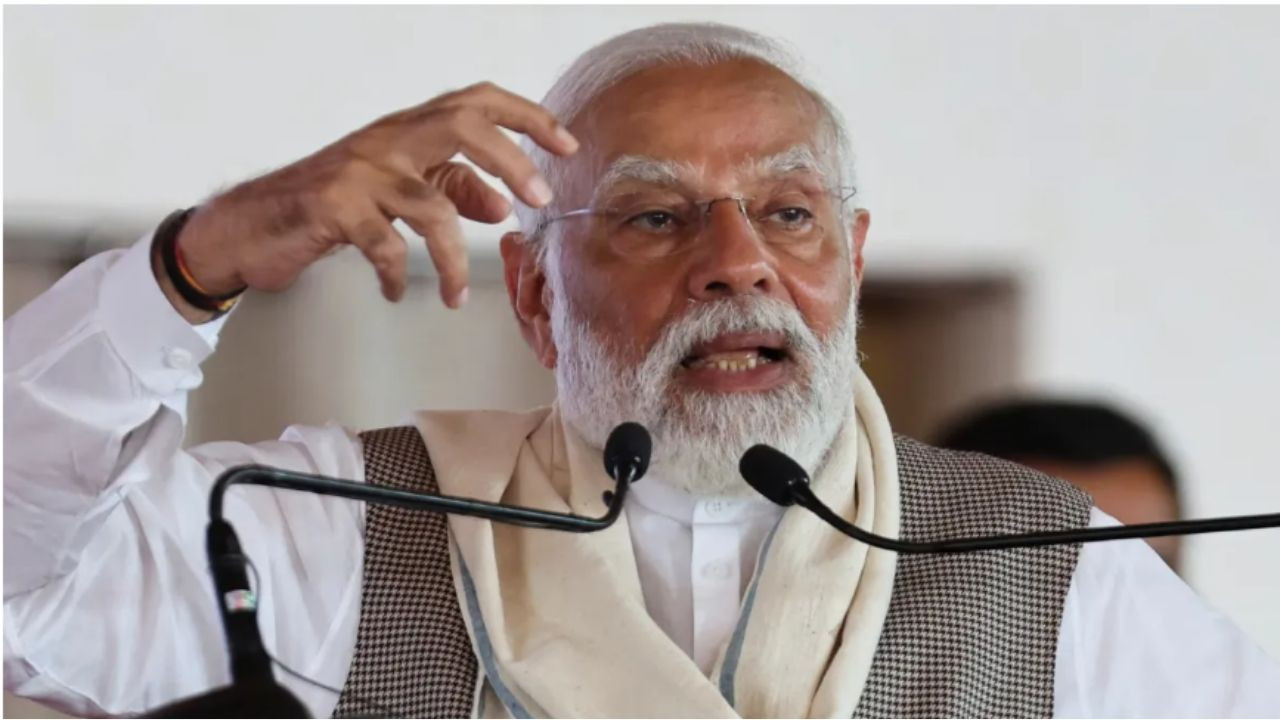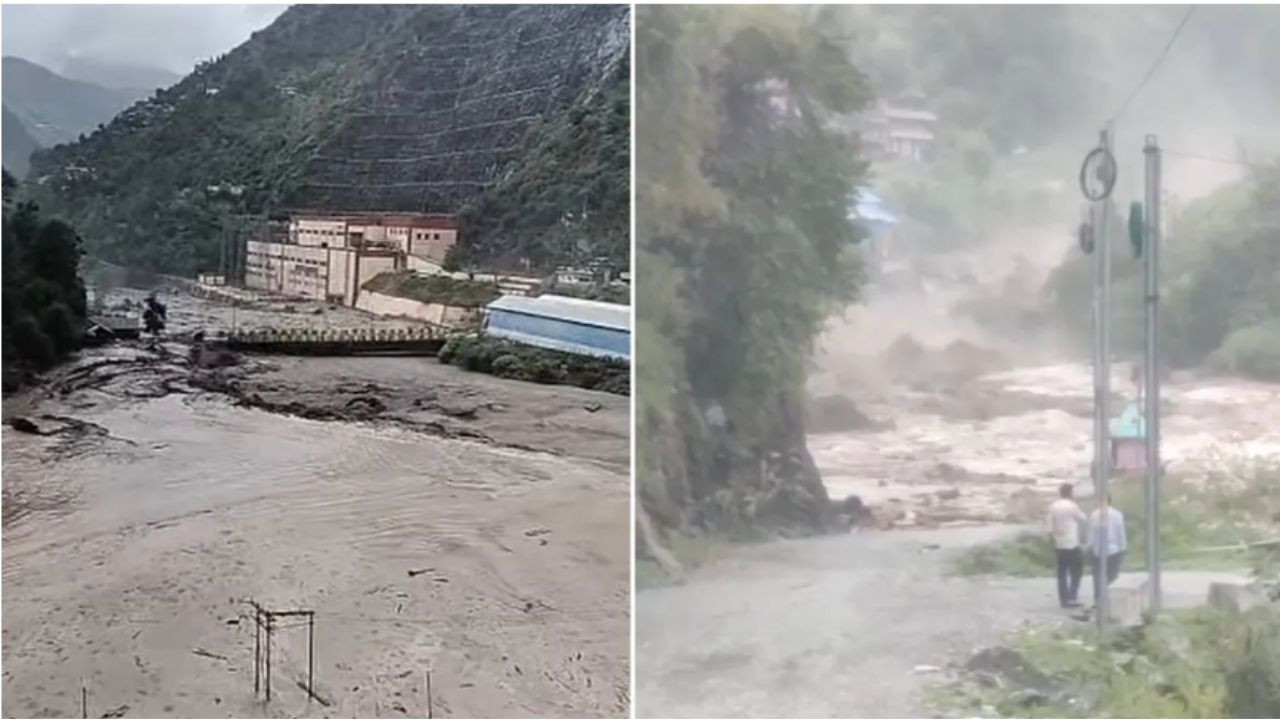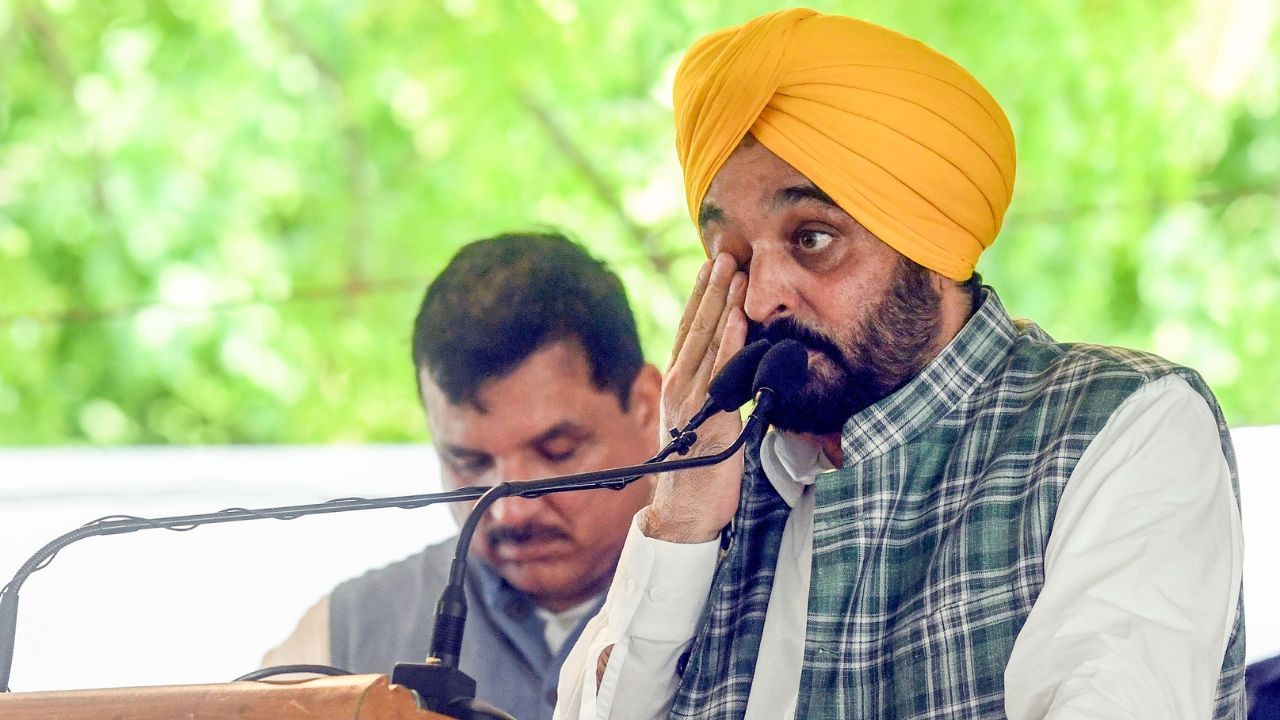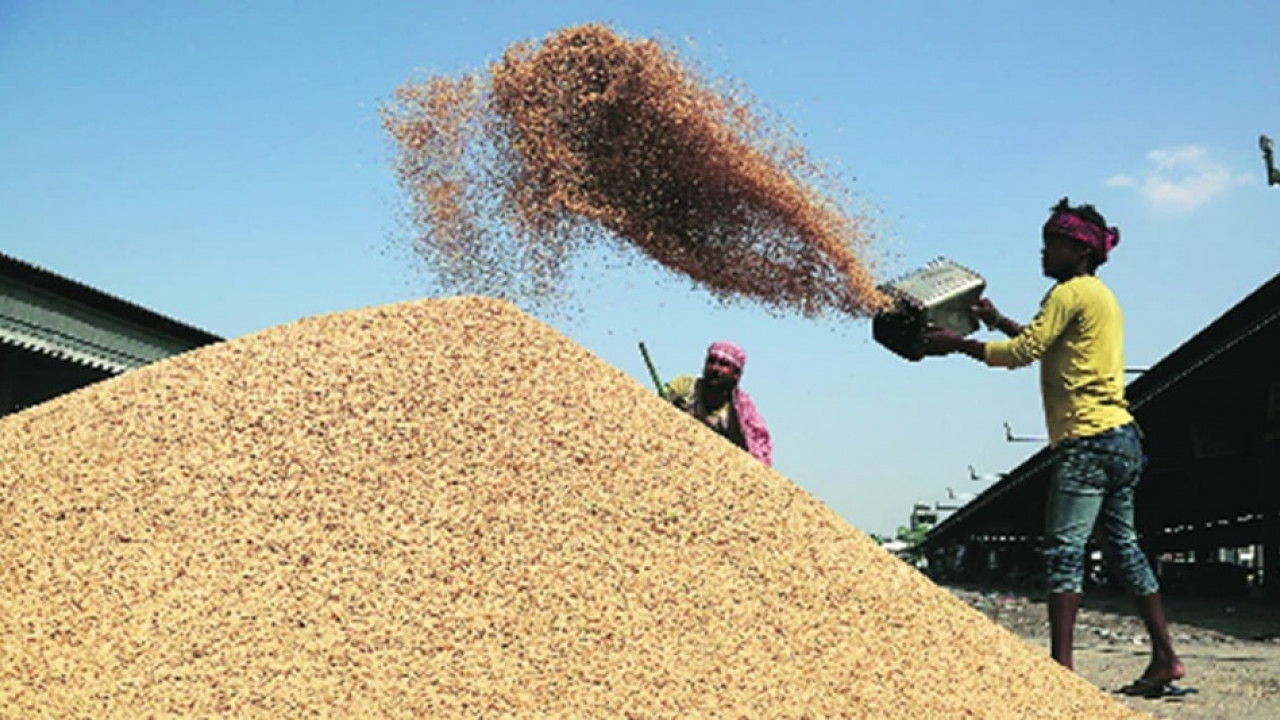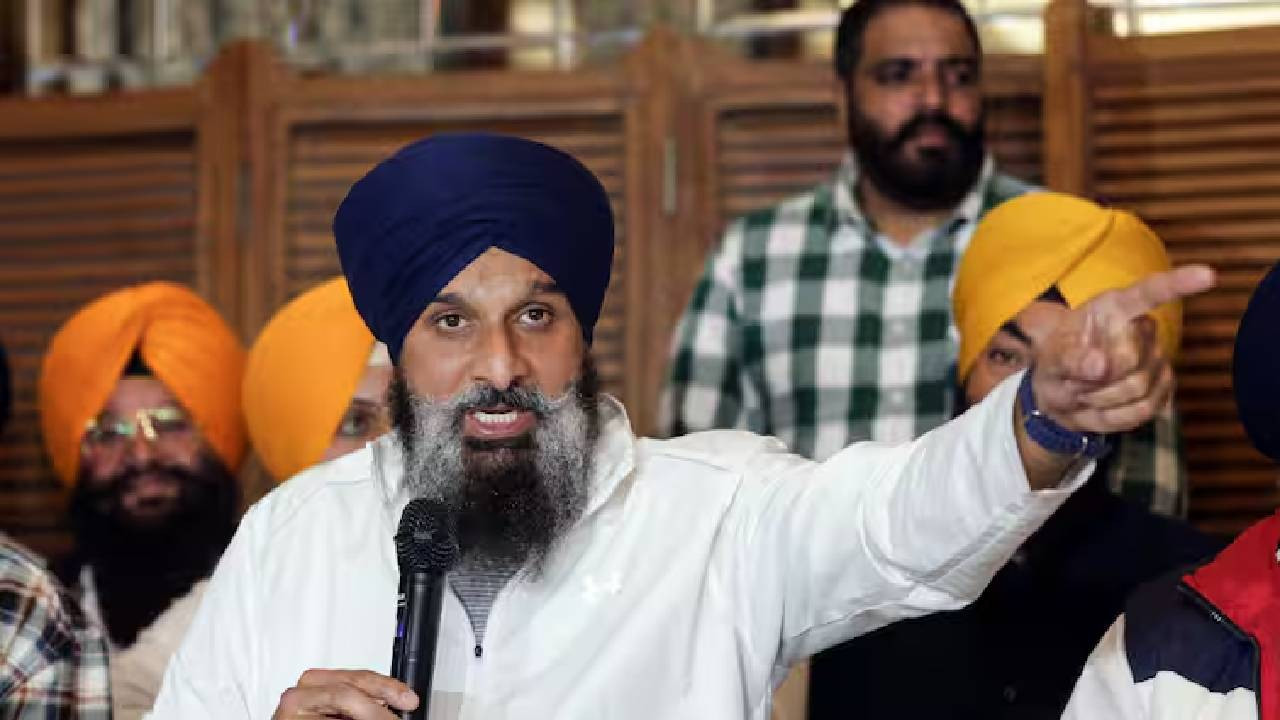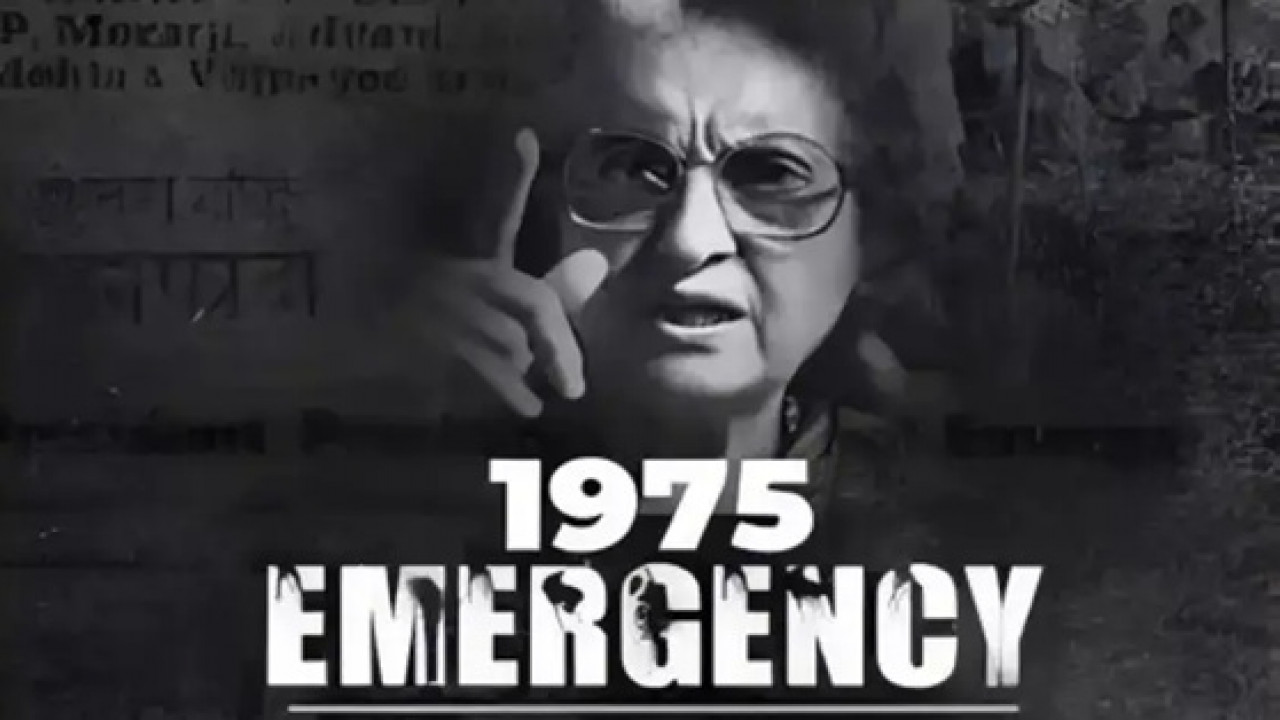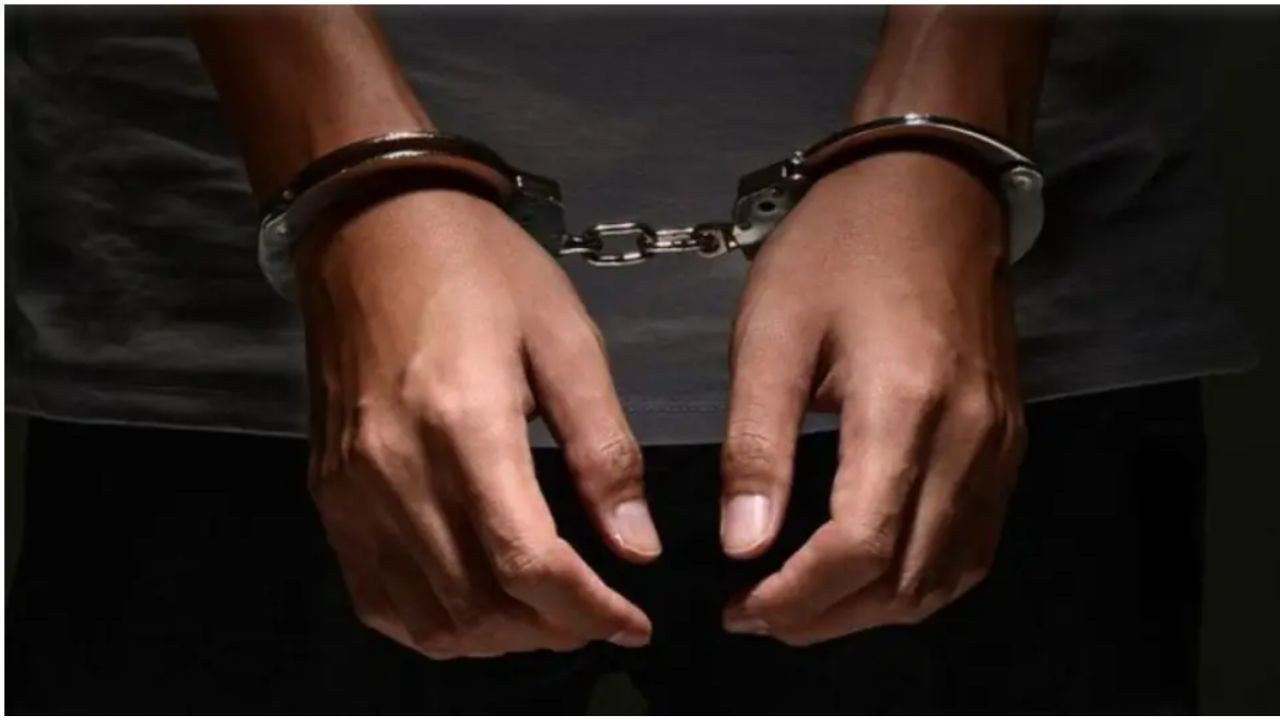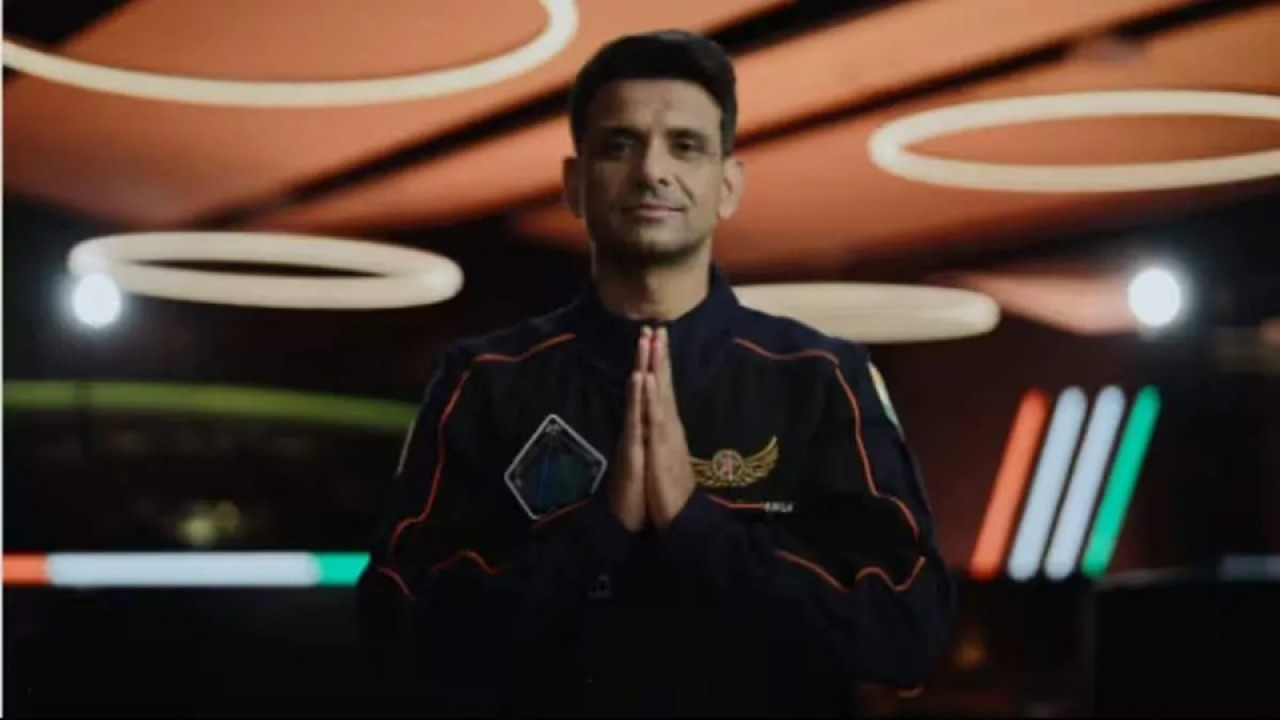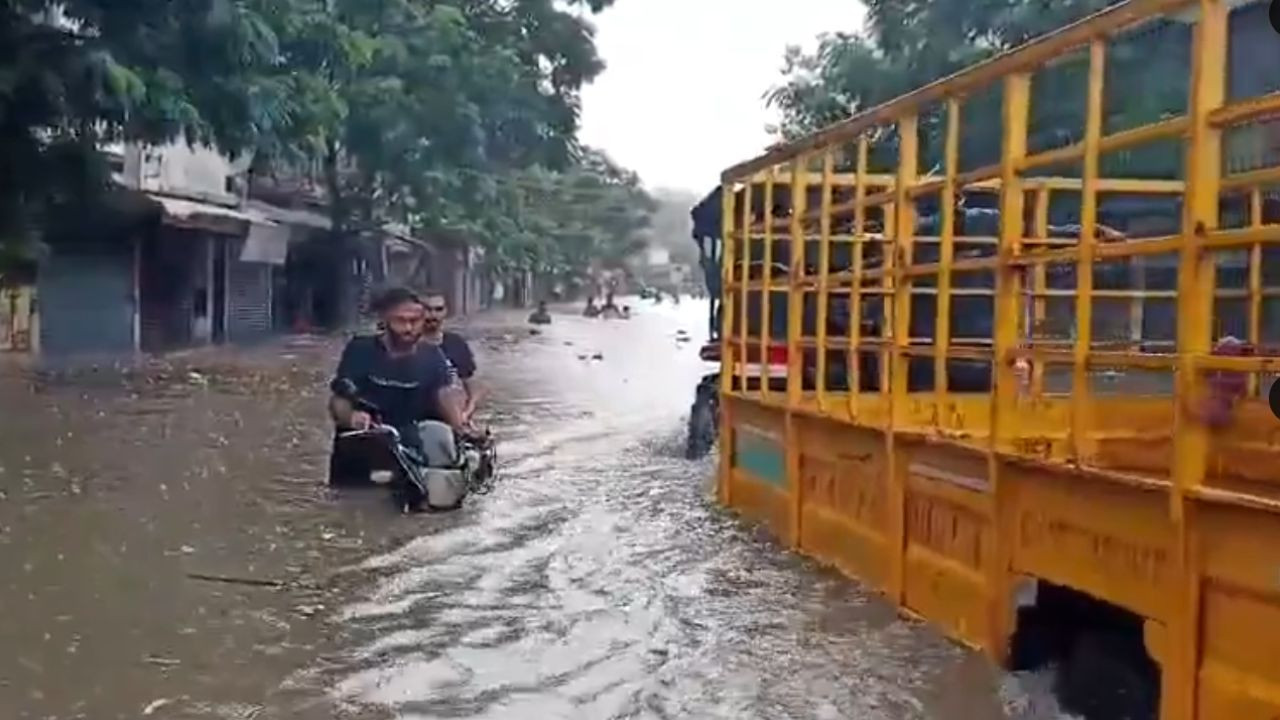Prime Minister Narendra Modi declared the period as the "darkest chapter" in India’s democratic history, designating the day as "Samvidhan Hatya Diwas" (Constitution Murder Day). In a tearful address, he honored the countless individuals who resisted the authoritarian measures, emphasizing their collective struggle that compelled the then Congress government to restore democracy and hold elections.
A Grim Period in History
The Emergency, declared on June 25, 1975, by then-Prime Minister Indira Gandhi, suspended fundamental rights, curbed press freedom, and led to the arrest of thousands of opposition leaders, activists, and citizens. For 21 months, India’s democratic institutions were stifled, and civil liberties were curtailed under the pretext of national security.
Salute to the Resistance
PM Modi paid tribute to the unsung heroes—students, journalists, activists, and ordinary citizens—who braved imprisonment, censorship, and persecution to oppose the Emergency. Their relentless protests, underground movements, and public campaigns exposed the excesses of the regime. This collective resistance, Modi noted, was pivotal in pressuring the Congress government to lift the Emergency in 1977, paving the way for free elections that restored democratic governance.
PM Modi Marks 50 years of Emergency
The 50th anniversary serves as a solemn reminder of the importance of safeguarding democratic principles. Modi urged citizens to remain vigilant against threats to constitutional values, emphasizing that democracy thrives on freedom, dissent, and accountability.
We salute every person who stood firm in the fight against the Emergency! These were the people from all over India, from all walks of life, from diverse ideologies who worked closely with each other with one aim: to protect India’s democratic fabric and to preserve the ideals…
— Narendra Modi (@narendramodi) June 25, 2025PM Modi slams Emergency as assault on Indian Constitution
As India reflects on this dark chapter, Modi’s address calls for renewed commitment to constitutional ideals. The legacy of those who fought against the Emergency inspires ongoing efforts to strengthen democratic institutions, ensuring that such a period of oppression never recurs. This commemoration is both a tribute and a pledge to uphold India’s democratic spirit.


